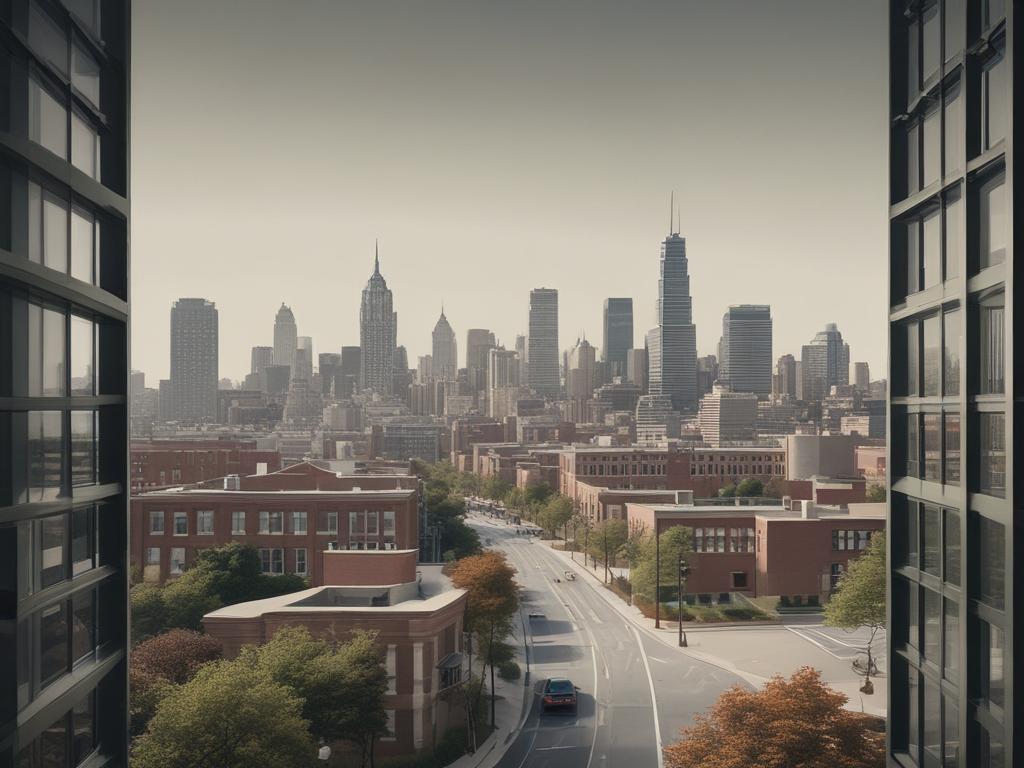
Urban renewal education plays a pivotal role in equipping future city planners and developers with the knowledge and skills necessary to create sustainable urban environments. As cities around the world grapple with challenges such as population growth, environmental degradation, and economic disparity, a strong foundation in urban renewal principles becomes essential. Discover why urban renewal education is crucial for professionals seeking to design innovative solutions that enhance the quality of life for residents while addressing pressing urban issues.
In this blog post, we will explore the importance of urban renewal education in shaping sustainable cities. We will delve into the key skills it provides to future planners and developers and highlight the long-term benefits of prioritizing this education in community development. By understanding how urban renewal education influences planning practices and development strategies, we can better prepare the next generation of professionals to rise to the challenges of modern urban living.
Understanding the role of urban renewal education in shaping sustainable cities
Urban renewal education plays a pivotal role in equipping city planners and developers with the knowledge needed to create sustainable urban environments. By focusing on the revitalization of existing communities, this education emphasizes the importance of integrating environmental, social, and economic factors into urban design. Students learn to assess urban spaces critically, identify potential challenges, and implement solutions that promote sustainability. This holistic approach ensures that urban planners and developers do not just construct new buildings, but also contribute meaningfully to the community's overall well-being, ensuring that cities thrive both now and in the future.
Moreover, urban renewal education addresses the need for adaptive reuse of spaces and the importance of community engagement in the planning process. By educating future leaders on how to repurpose underutilized areas, the program fosters creativity and innovation while reducing urban sprawl. Students become adept at involving local residents in discussions, ensuring that development projects reflect the community's needs and aspirations. As a result, urban renewal education enables city planners and developers to create inclusive, vibrant, and resilient urban spaces that not only honor the past but also prepare for future challenges.
Key skills urban renewal education provides for future planners and developers
Urban renewal education equips future city planners and developers with essential skills that transcend traditional urban planning theories. Students learn to analyze urban spaces critically, utilizing tools like Geographic Information Systems (GIS) and data analytics to assess current needs and future demands. By immersing themselves in real-world projects, they develop practical skills in stakeholder engagement, negotiation, and conflict resolution, ensuring they can navigate the complexities of community interests. Additionally, coursework often emphasizes sustainable design principles, enabling students to create innovative solutions that address environmental concerns while respecting historical contexts.
Moreover, urban renewal education fosters a holistic understanding of socio-economic contexts and cultural dynamics that influence urban environments. Planners learn to identify and address issues related to gentrification, affordable housing, and community displacement, equipping them with the necessary tools to advocate for equitable development. This comprehensive skill set not only prepares professionals to collaborate with diverse teams but also empowers them to champion inclusive policies that benefit all community members. As they build these competencies, future city planners and developers become adept at envisioning and implementing transformative projects that foster vibrant, sustainable urban spaces.
The long-term benefits of prioritizing urban renewal education in community development
Integrating urban renewal education into community development initiatives fosters a culture of sustainable growth and innovation. By equipping future city planners and developers with the necessary tools and knowledge, communities can effectively address the pressing issues of urban sprawl, resource depletion, and social inequities. Education in urban renewal encourages collaboration between stakeholders, ensures that diverse perspectives are heard, and promotes cohesive strategies that cater to the unique needs of each community. This approach not only enriches the planning process but also cultivates a sense of ownership and responsibility among residents, leading to vibrant, engaged neighborhoods.
Moreover, prioritizing urban renewal education delivers significant long-term economic and social benefits. By investing in well-trained professionals who understand sustainable practices, cities can attract new businesses and investments. The revitalization of neglected areas often leads to increased property values and job creation, contributing to a healthier local economy. Additionally, educated planners and developers can enhance quality of life through the development of green spaces, improved transportation systems, and affordable housing options. Ultimately, committing to urban renewal education lays the groundwork for resilient communities, ensuring they thrive in an ever-changing urban landscape.